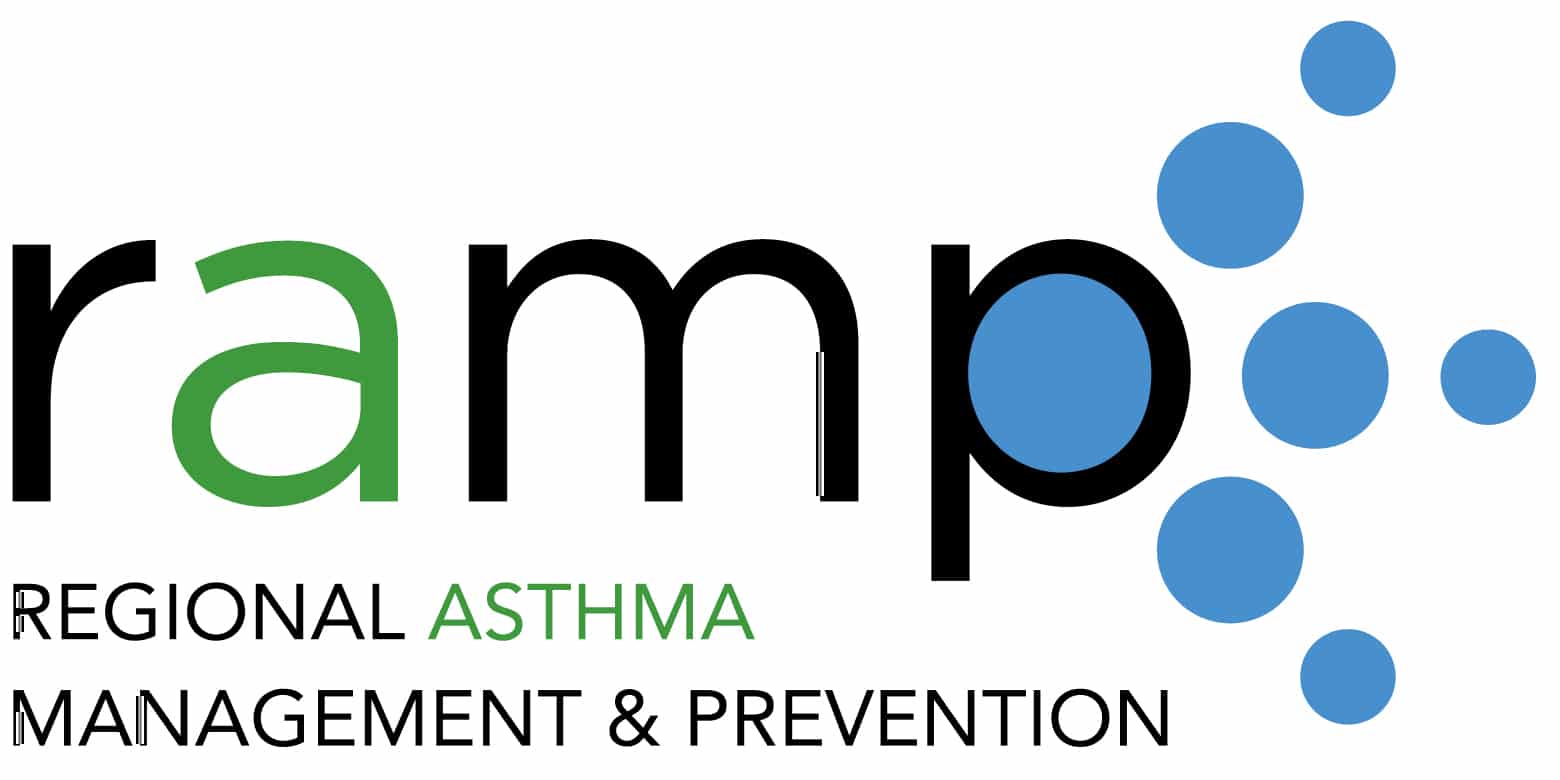From NPR on March 28, 2024:
“Open flames shot upward from four smokestacks at the Chevron refinery on the western edge of Richmond, Calif. Soon, black smoke blanketed the sky.
News spread quickly that day last November, but by word of mouth, says Denny Khamphanthong, a 29-year-old Richmond resident. “We don’t know the full story, but we know that you shouldn’t breathe in the air or be outside for that matter,” Khamphanthong says now. “It would be nice to have an actual news outlet that would actually go out there and figure it out themselves.”
The city’s primary local news source, The Richmond Standard, didn’t cover the flare. Nor had it reported on a 2021 Chevron refinery pipeline rupture that dumped nearly 800 gallons of diesel fuel into San Francisco Bay.
Chevron is the city’s largest employer, largest taxpayer and largest polluter. Yet when it comes to writing about Chevron, The Richmond Standard consistently toes the company line.
And there’s a reason for that: Chevron owns The Richmond Standard.
“If you look at Chevron’s website and you look at The Richmond Standard, a lot of the information is copy and paste,” says Katt Ramos, a local climate activist. “They present a very skewed viewpoint that is bought and paid for by Chevron.”
Katt Ramos, who helps lead Communities for a Better Environment’s Richmond chapter, stages tours to demonstrate what she says is Chevron’s destructive legacy. It also illustrates what happens when independent local news disappears.
She stops by Peres K-8 School in the Iron Triangle, a nickname derived from the three train tracks that intersect here. Older kids play soccer on a field with a coach while younger ones cavort on a playground. Beyond the school fence, the Chevron plant stands less than a mile away. A sign next to the school’s entrance warns of a shallow hazardous liquid pipeline from the refinery, a warning to not dig there.
“Nothing that is normalized about childhood is normalized in Richmond,” Ramos says. Adults have to tell kids they can’t play outdoors due to a high number of bad air days, she says.
Perhaps the best way of gauging the seriousness of such concerns is to look at child admissions to emergency rooms for asthma, says Anne Kelsey Lamb, who oversees asthma research for the Oakland-based Public Health Institute. Children in the ZIP code of the Iron Triangle — which includes the refinery as well as the neighborhoods surrounding the Peres school — are admitted for emergency care for asthma at triple the rate for California at large. (The institute provided an analysis of the most recent available state statistics at the request of NPR and Floodlight.)
To read the full article, click here.

